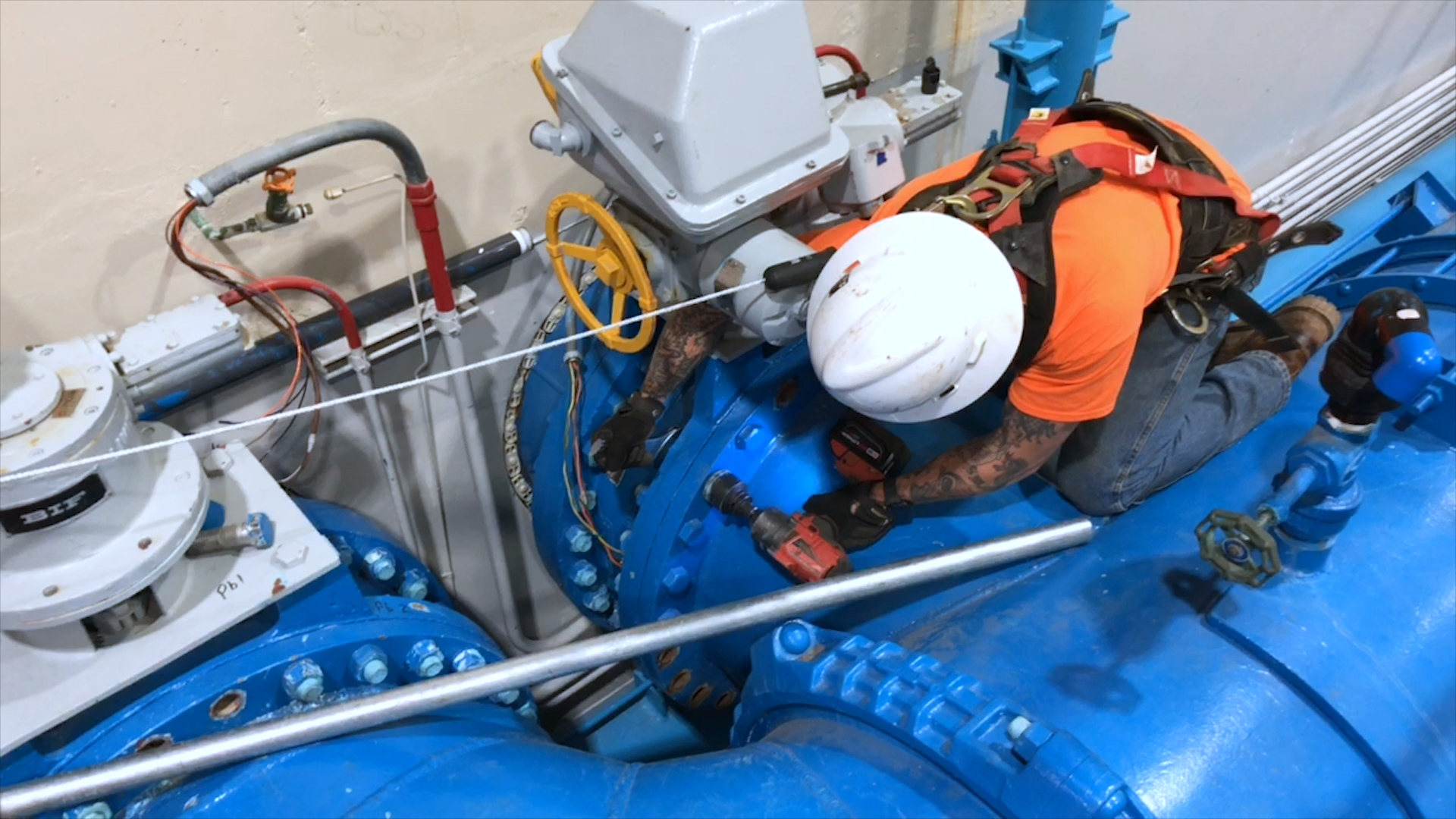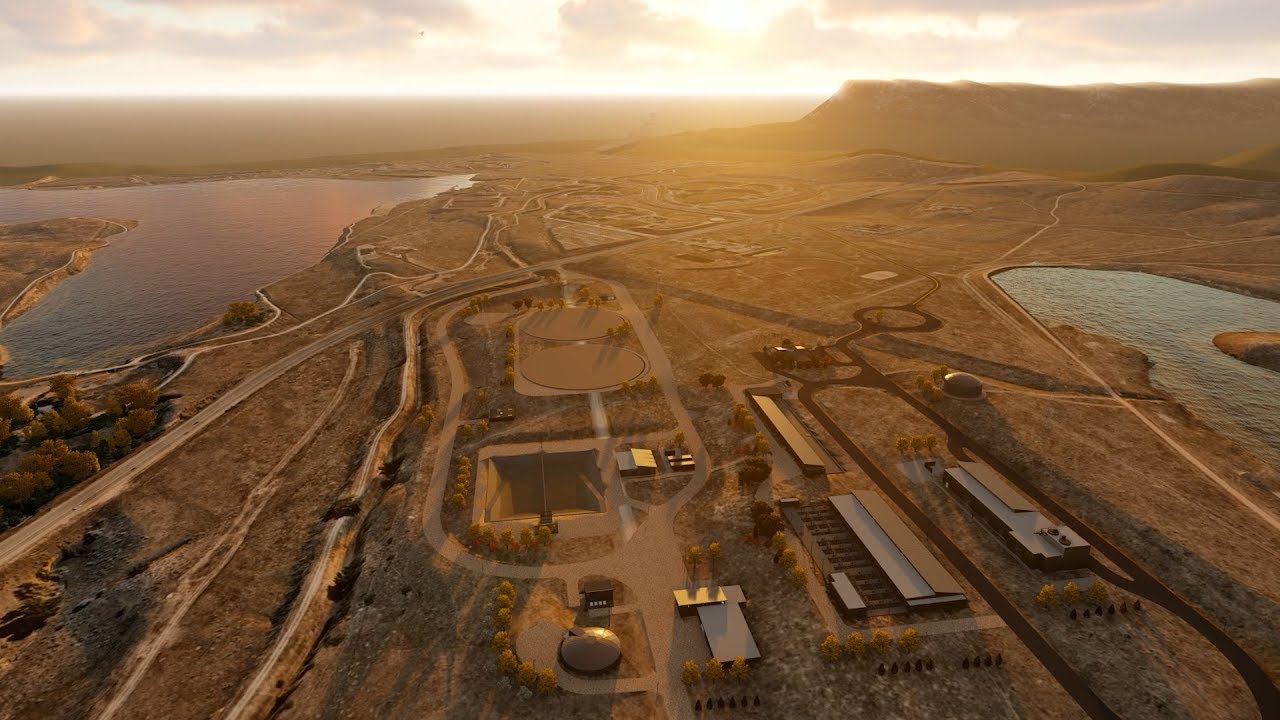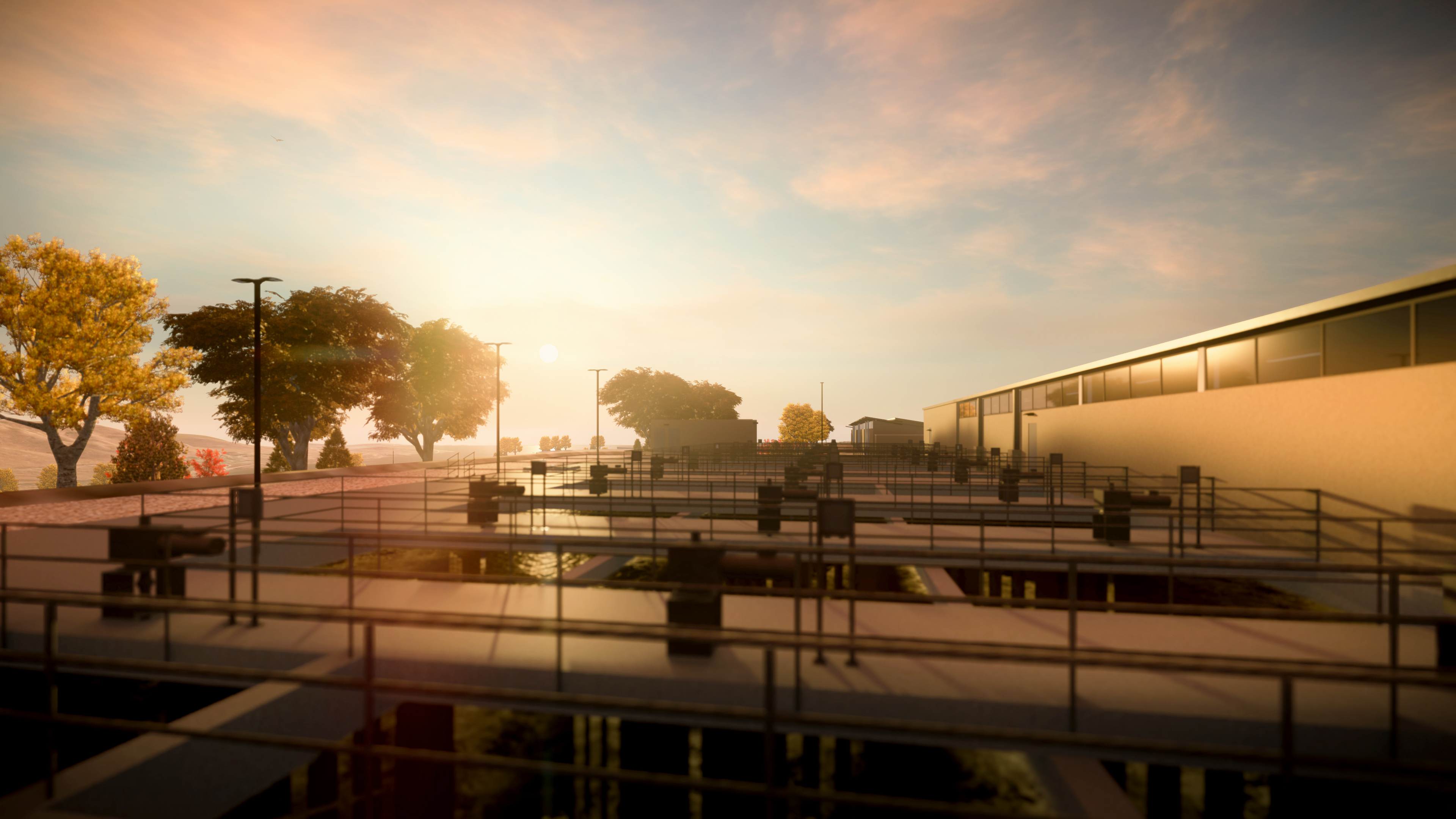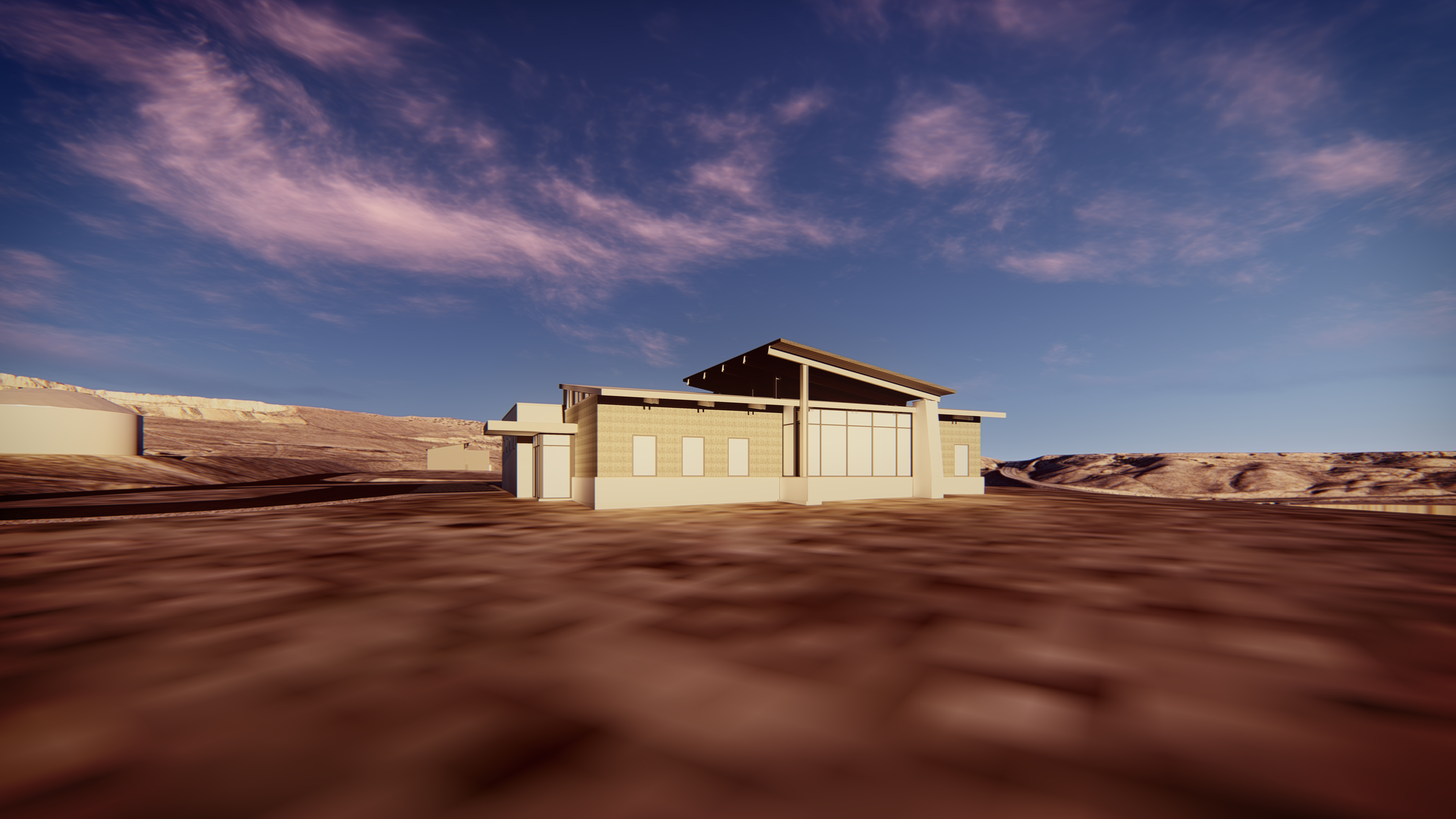
Investing in the heart of a water utility
Two big things are happening in suburban Denver that will improve water quality for Denver Water customers in the future.
Near Roxborough Park in Douglas County, Denver Water in November launched a $12 million upgrade to its Foothills Treatment Plant. North of Golden, construction is underway on Denver Water’s $600 million North System Renewal project, which includes a state-of-the-art treatment facility and a new water pipeline.
“These are critical projects for the 1.4 million people we serve,” said Nicole Poncelet-Johnson, director of water quality and treatment at Denver Water. “We’re investing in Foothills, our largest water treatment plant, and looking to the future by building the new Northwater plant.”
$12 million Foothills upgrade
Foothills opened in 1983 and is Denver Water’s largest water treatment plant. Foothills takes mountain water stored in Strontia Springs Reservoir and treats it to drinking water standards. When running at maximum capacity, the plant can produce 280 million gallons of water per day.
“Treatment plants are like cars, they need tune-ups to keep them running smoothly,” said David Swedensky, Foothills Treatment Plant manager at Denver Water. “We’re shutting down the plant for six months to make some significant improvements.”
The work at Foothills includes upgrades to the plant’s electrical distribution system, valves and its hydropower generator.
“We’re replacing a number of our electrical components,” Swedensky said. “Some of the systems were installed when the plant was built and have technology that dates back to the 1960s.”
The new electrical systems will improve efficiency, feature modern technology, increase reliability and provide important safety features for workers.
The plant’s hydropower generator takes water that comes downhill from Strontia Springs Reservoir, 3 miles away, and turns it into electricity.
The hydropower unit was installed in the mid-1980s. Crews take it apart every 10 years for regular maintenance and to replace worn out parts.
“The hydro is a great example of how we can extend the life of all our machines,” Swedensky said. “By doing regular maintenance, we avoid major breakdowns.”
Crews will also replace 48 large valves used to control the flow of water. “These valves are approaching 40 years old and in some cases are no longer operable, requiring replacement,” said Swedensky
North System Renewal’s new plant
Nearly 40 miles north of Foothills, crews are busy installing a new 8.5-mile water pipeline that will connect to the new Northwater Treatment Plant. The plant will be built next to Ralston Reservoir and is a major part of Denver Water’s five-year, $1.3 billion capital improvement plan.
“We’re building Northwater to eventually replace the Moffat Treatment Plant, which was built in the 1930s,” Poncelet-Johnson said. “Moffat’s technology is outdated, and maintenance costs are anticipated to continue to rise over the coming years.”
Crews started early construction work at the site of the new treatment plant in September. Excavation work for the plant itself is slated to begin by mid-2019.
When finished, the new plant will be able to produce 75 million gallons of water per day. It also has the capability to be expanded to treat 150 million gallons per day in the future if needed.
“This state-of-the-art facility will have modern filtration and disinfection technology,” Poncelet-Johnson said. “This facility will have deeper filters to remove a greater range of contaminants and impurities to produce a higher quality of drinking water.”
The Northwater plant will also use ultraviolet light for primary disinfection to kill or inactivate bacteria, viruses and other potentially harmful organisms.
Facing future water challenges of tomorrow
All of Denver Water’s drinking water treatment plants produce water that meets current state and federal regulations. Upgrades, however, will be needed to meet anticipated future regulations.
Poncelet-Johnson said more robust treatment will also be needed to handle expected changes to water quality in mountain streams. Those changes stem from the impacts of a growing mountain population and warmer weather from climate change.
“Our water comes from high elevations, so as more people move into mountain communities, we’re expecting to see more human impacts on the watershed,” she said.
Warmer weather could also lead to more catastrophic wildfires. The loss of vegetation from large fires increases the risk of flash flooding, which results in more sediment flowing into mountain streams and eventually into Denver Water’s treatment plants.
Large, intense fires also can change soil chemistry, which makes it more difficult to remove the sediment that washes into treatment facilities.
“As the water provider of a major metropolitan area, we have to prepare for these scenarios,” Poncelet-Johnson said. “The new plant will set us up to handle the water treatment challenges of tomorrow.”
Focus on sustainability
Engineers are designing the plant to minimize energy use and carbon dioxide emissions. They hope the design will earn recognition for its sustainability features from the Institute for Sustainable Infrastructure as well as a LEED certification for the operations building. LEED stands for Leadership in Energy and Environmental Design.
The plant will also have a hydropower facility onsite capable of producing enough energy to power the entire plant during most of the year.
Treatment plant timeline
While Foothills is down for repairs, Denver Water’s other two drinking water treatment plants, Marston and Moffat, will treat water for customers. Foothills is expected to be back online in April 2019, when water demand begins to pick up for the summer irrigation season.
The Northwater plant is expected to be completed in 2024. The Moffat plant will supplement the Northwater facility and act as a water distribution site.
“Treatment plants really are the heart of a water utility,” Swedensky said. “These facilities make our water safe to drink and send it out to our customers in Denver and the suburbs we serve, so it’s critical that we invest in them now and in the future.”




